In a world where sustainability is becoming increasingly important, Patagonia has emerged as a leading brand in the outdoor industry, known for its commitment to eco-friendly practices and sustainable materials. For outdoor enthusiasts who want high-performance gear that doesn’t harm the planet, Patagonia offers a wide range of jackets that combine innovative technology with environmental responsibility.
In this article, we’ll take a deep dive into the eco-friendly materials and sustainable practices that make Patagonia men’s jackets a standout choice for those who want to stay warm, comfortable, and conscientious about their environmental impact.
1. Recycled Materials: Reducing Waste, Reusing Resources
One of the cornerstones of Patagonia’s sustainability efforts is its use of recycled materials in its jackets. The brand has long been committed to reducing the environmental footprint of its products, and a significant part of that commitment involves incorporating recycled fabrics into its designs.
Recycled Polyester
Patagonia was one of the first companies in the outdoor industry to use recycled polyester. This material is made from post-consumer plastic bottles, used garments, and industrial plastic waste. It’s then processed into high-quality fabric that’s durable, breathable, and lightweight.
Many of Patagonia’s iconic jackets, like the Patagonia Down Sweater and Nano Puff® Jacket, use 100% recycled polyester in their outer shells and linings. Recycled polyester helps reduce the demand for virgin polyester, which is made from petroleum-based resources, and lowers overall greenhouse gas emissions.
By using recycled polyester, Patagonia is able to close the loop in the lifecycle of its products, helping to prevent plastic waste from ending up in landfills or the ocean. This commitment to using recycled materials aligns with the brand’s broader sustainability mission, making their jackets an environmentally friendly option for consumers.
Recycled Wool
Another example of Patagonia’s commitment to sustainable sourcing is its use of recycled wool in some of their men’s jackets. This material is sourced from used wool garments and reprocessed into new fabric, reducing the need for virgin wool production. Recycled wool is an excellent choice for outerwear because it’s not only eco-friendly but also incredibly warm and breathable.
Patagonia’s use of recycled wool helps reduce the environmental impact of the wool industry, which has traditionally been associated with high water usage, chemical treatments, and significant carbon emissions.
2. Ethically Sourced Down: Traceable and Responsible
When it comes to insulation, Patagonia stands out for its commitment to using ethically sourced down in many of its jackets. Down insulation is prized for its warmth-to-weight ratio, making it a top choice for outdoor gear. However, the down industry has faced criticism in the past for animal welfare concerns, particularly regarding practices such as live-plucking and force-feeding.
Patagonia has addressed these concerns by partnering with Responsible Down Standard (RDS) certified farms, which ensures that the down feathers used in their jackets come from birds that are treated humanely. All of Patagonia’s down is traceable, meaning the company can track the origin of every feather used in their products, ensuring they meet strict ethical standards.
Jackets like the Patagonia Down Sweater and the Frozen Range Parka are filled with traceable down, which is not only warm and lightweight but also guarantees that the sourcing process respects animal welfare.
By supporting the RDS and ensuring full traceability, Patagonia provides customers with the peace of mind that their insulation is both high-quality and ethically sourced.
3. Fair Trade Certification: Supporting Workers’ Rights
Patagonia has long been a champion of Fair Trade practices, and many of its jackets carry the Fair Trade Certified™ label. This certification ensures that the workers involved in the production of Patagonia’s jackets are paid fair wages, work in safe conditions, and have access to benefits such as healthcare and education. Additionally, Fair Trade Certified™ factories must meet rigorous labor standards that focus on worker empowerment and community development.
The company pays a premium for every Fair Trade Certified™ jacket sold, and this premium is invested in community projects that support workers and their families. This commitment to fair labor practices is part of Patagonia’s broader mission to reduce the social impact of its business and ensure that its success is shared equitably with the people who make its products.
By supporting Fair Trade, Patagonia goes beyond environmental sustainability to consider the human side of sustainability, ensuring that its workers benefit from the brand’s commitment to ethical production.
4. Water-Repellent Technology: Eco-Friendly and Effective
Patagonia has also made strides in reducing the environmental impact of its water-repellent finishes. Traditionally, many water-repellent treatments used chemicals known as perfluorocarbons (PFCs), which are harmful to the environment and persist in nature for a long time. In response to concerns about these chemicals, Patagonia pioneered the use of non-toxic DWR (Durable Water Repellent) finishes in many of its jackets.
Patagonia’s H2No® Performance Standard jackets, like the Torrentshell 3L, feature water-repellent coatings that are free from harmful PFCs. These eco-friendly DWR treatments perform just as well as traditional treatments in keeping moisture at bay, but without the environmental and health risks associated with PFCs.
By using these safer, non-toxic alternatives, Patagonia continues to set the standard for sustainable waterproofing technology, offering jackets that keep you dry while minimizing harm to the environment.
5. The Worn Wear Program: Extending the Life of Your Jacket
One of the most innovative aspects of Patagonia’s commitment to sustainability is its Worn Wear program, which encourages customers to buy used and trade in their old gear for store credit. This program helps keep products in circulation for longer, reducing the demand for new resources and decreasing waste.
Patagonia believes in making products that are built to last, and their jackets are designed to be repairable. If your jacket suffers a tear or loses a button, Patagonia’s repair services can help restore it, extending the life of the garment even further.
The Worn Wear program promotes a circular economy, where products are reused, repaired, and resold, helping to reduce the brand’s overall carbon footprint. This initiative encourages customers to rethink the typical “throwaway” culture of fast fashion and instead invest in high-quality products that are made to last.
6. Carbon Footprint and Climate Action
Patagonia has been a leader in tracking and reducing its carbon footprint. The brand is committed to achieving carbon neutrality across its operations, from product design and manufacturing to logistics and sales. They also invest in renewable energy and partner with organizations to offset carbon emissions through projects that promote carbon sequestration.
Patagonia is transparent about the environmental impact of its products and has even published the carbon footprint of many of its jackets, allowing consumers to make informed decisions about the environmental impact of their purchases.
Conclusion: Why Choose a Sustainable Patagonia Jacket?
Patagonia has set the bar for sustainable outdoor gear with its commitment to using eco-friendly materials, ethical sourcing, and innovative technologies. Their men’s jackets not only provide high-performance, weather-resistant protection but also align with values that prioritize the planet and its people. From recycled polyester and traceable down to Fair Trade certification and non-toxic water-repellent finishes, Patagonia jackets are a reflection of the brand’s dedication to making products that are good for both the environment and the people who make them.
For eco-conscious consumers who want to invest in durable, sustainable, and high-quality outerwear, Patagonia offers a range of jackets that combine cutting-edge performance with an unwavering commitment to environmental stewardship. By choosing Patagonia, you’re not only making an investment in your outdoor adventures but also supporting a company that leads by example in eco-friendly innovation and social responsibility.
-
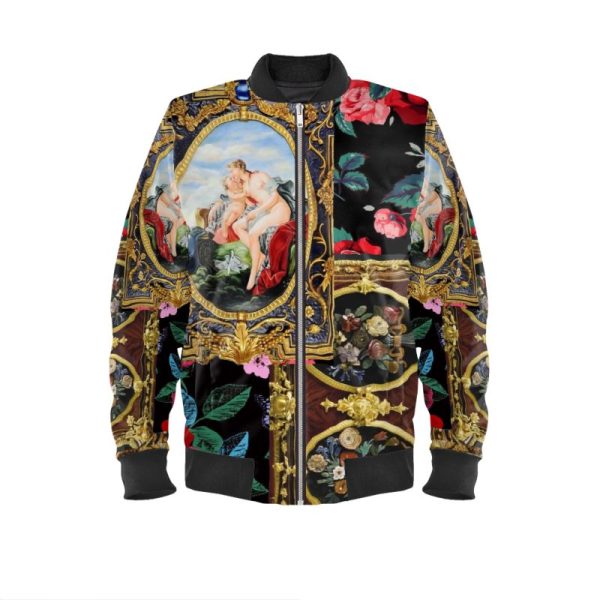 Satin Designer Bomber Jacket$448
Satin Designer Bomber Jacket$448 -
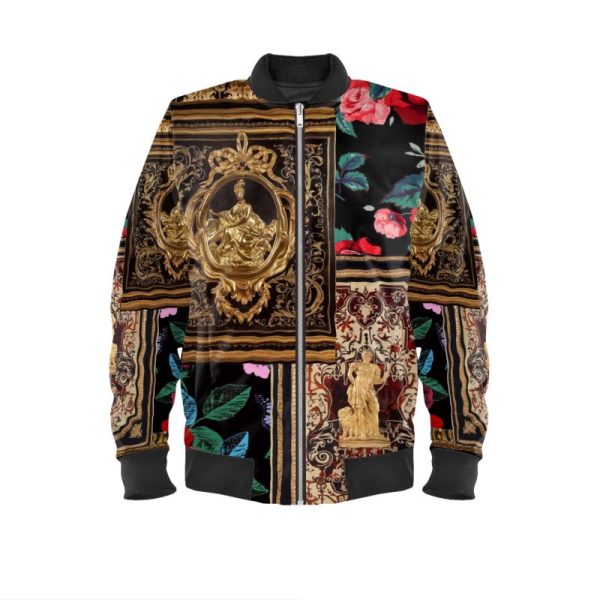 Satin Designer Bomber Jacket$448
Satin Designer Bomber Jacket$448 -
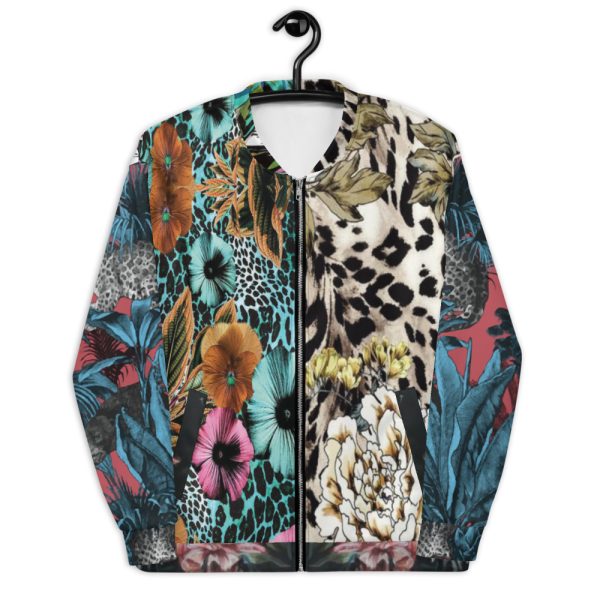 Bomber Jacket | Designer Luxury For Women & Men | Navy Blue Floral Red Turquoise$158
Bomber Jacket | Designer Luxury For Women & Men | Navy Blue Floral Red Turquoise$158 -
 Bomber Jacket | Designer Luxury For Women & Men | White Gold$158
Bomber Jacket | Designer Luxury For Women & Men | White Gold$158 -
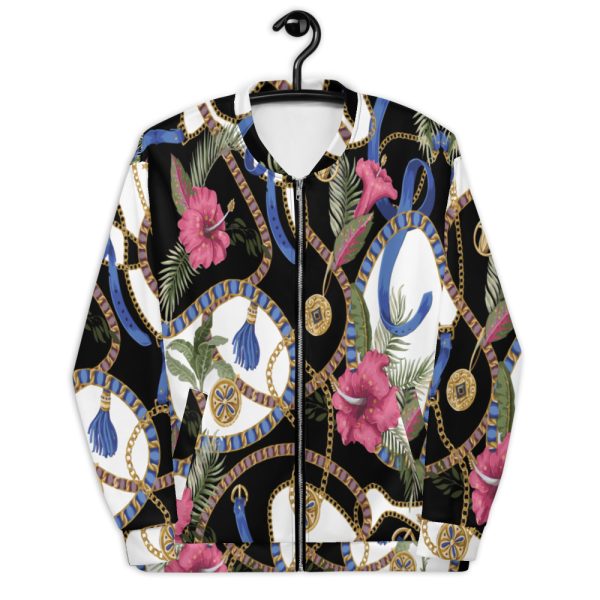 Bomber Jacket | Designer Luxury For Women & Men | Floral White Black$158
Bomber Jacket | Designer Luxury For Women & Men | Floral White Black$158 -
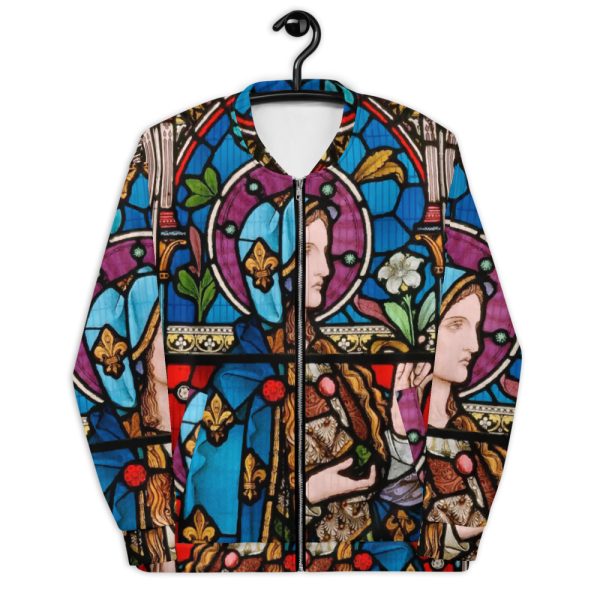 Bomber Jacket | Designer Luxury For Women & Men | Blue Purple Gold$158
Bomber Jacket | Designer Luxury For Women & Men | Blue Purple Gold$158 -
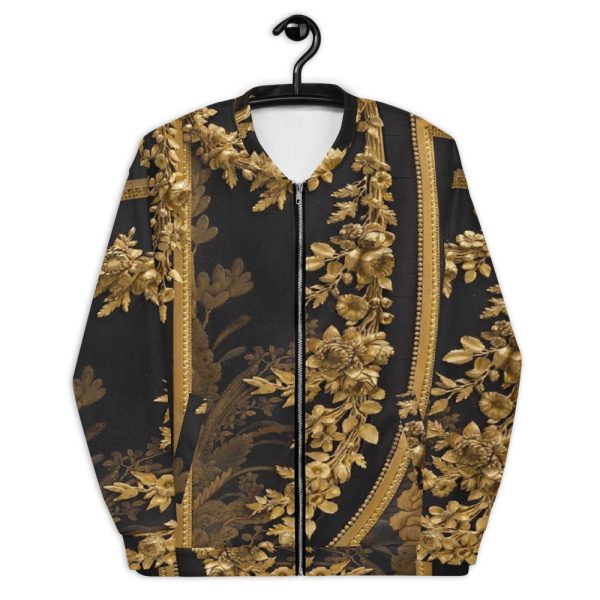 Bomber Jacket | Designer Luxury For Men & Women | Black Gold Baroque$158
Bomber Jacket | Designer Luxury For Men & Women | Black Gold Baroque$158 -
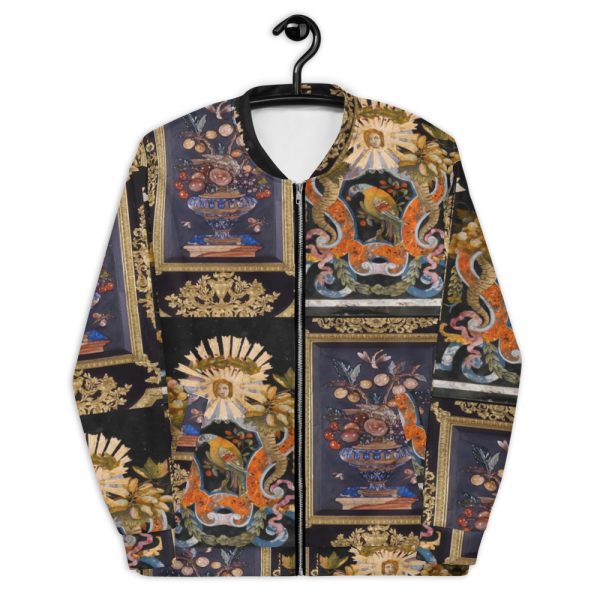 Bomber Jacket | Designer Luxury For Women & Men | Black Gold$158
Bomber Jacket | Designer Luxury For Women & Men | Black Gold$158 -
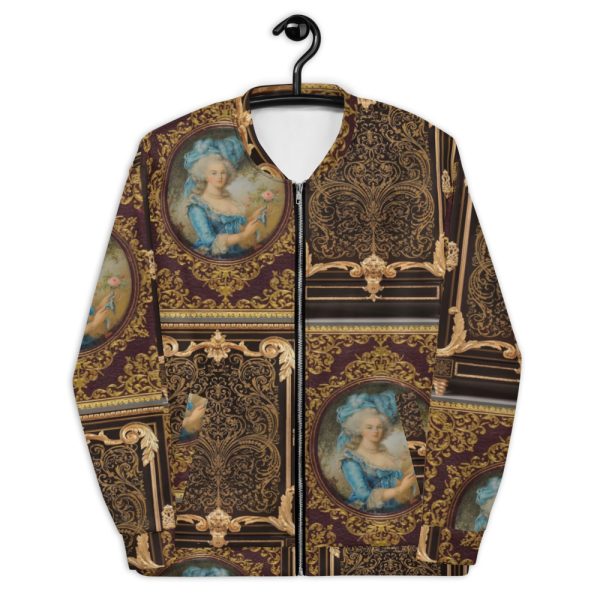 Bomber Jacket | Designer Luxury For Women & Men | Gold$158
Bomber Jacket | Designer Luxury For Women & Men | Gold$158